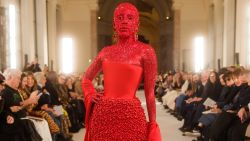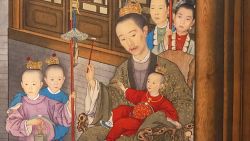The Chinese model who starred in a series of controversial Dolce & Gabbana videos has said the controversy surrounding the campaign almost ruined her career.
Speaking out for the first time since November, when the fashion house was forced to apologize over accusations of racism, model Zuo Ye claimed that she received threats, online attacks and harassment following the outcry.
The controversy began when D&G published three promotional videos showing Zuo struggling to eat Italian food with chopsticks. The 40-second spots, which were posted on D&G’s Instagram, Facebook and Twitter, were created to promote “The Great Show,” which was billed by the fashion house as a “tribute to China.”
Zuo was pictured attempting to pick up pizza, spaghetti and cannoli to the sound of stereotypical Chinese music. A narrator is heard offering seemingly patronizing advice such as “don’t attempt to use the chopsticks as knives” and “just use your chopsticks like pliers.”
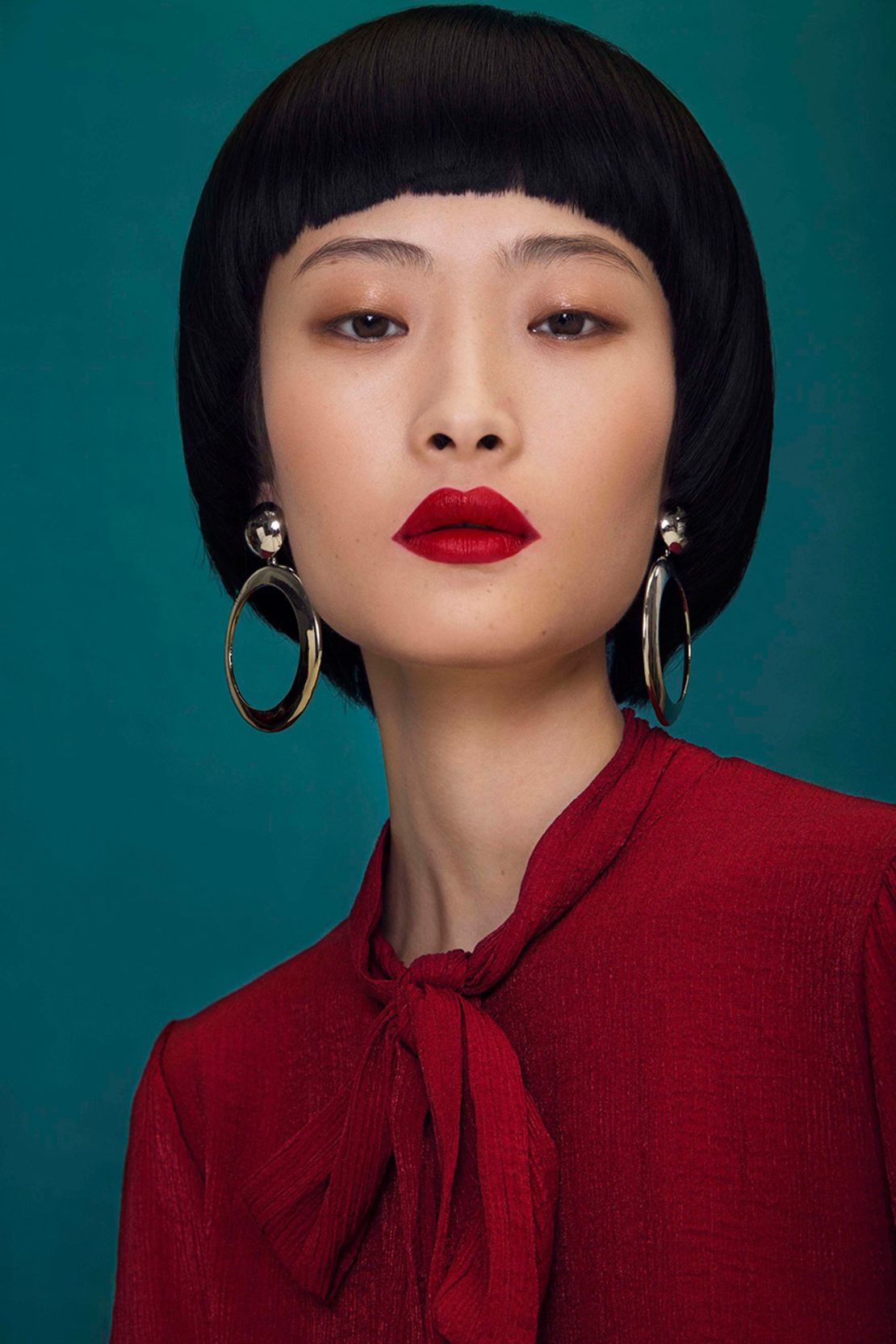
A social media storm followed when a number of offensive private Instagram messages – allegedly sent by the brand’s co-founder Stefano Gabbana in response to criticism of the videos – went viral.
The Italian designer denied writing the messages, which included derogatory remarks directed toward China and Chinese people, and claimed that his account had been hacked.
In a statement posted to Zuo’s Weibo account Monday, the model apologized for her role in the controversy. She also offered her account of the incident, claiming that she knew very little about the videos’ content beforehand, other than being told it would be “fun.”
“I never and would never bear anything disrespectful to my home country,” she said. “I’m deeply in love with my country and proud to be a Chinese to send on international runways.”
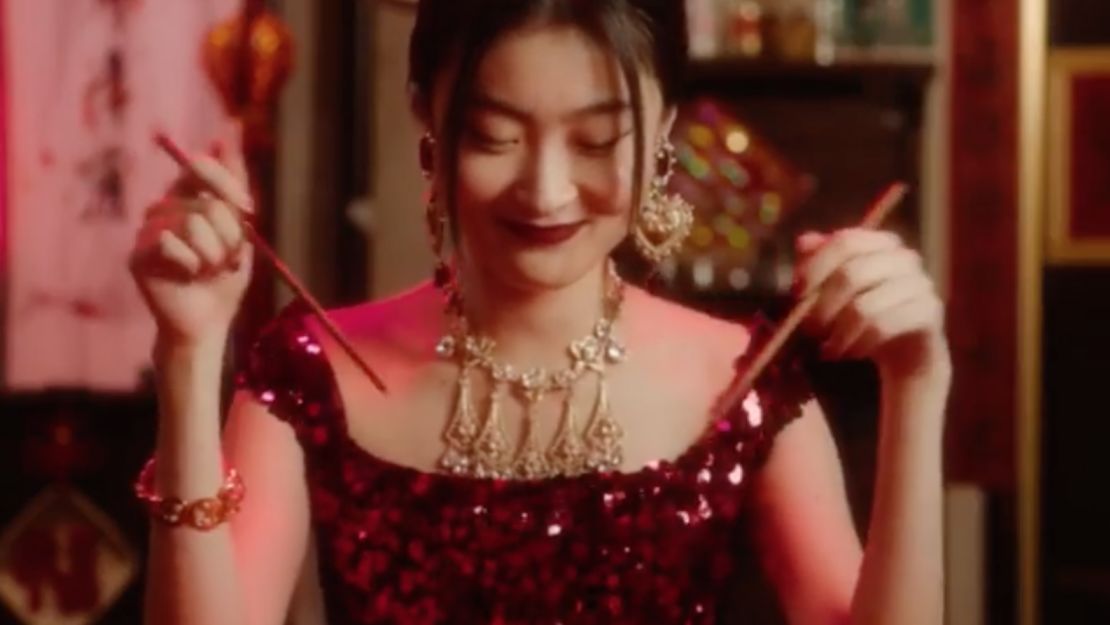
The model, who recently graduated from South China Agricultural University, described feeling “uncomfortable” on set in Milan, Italy. She said the shoot was “different from what I initially expected.”
“During the filming process, I was required by the director to laugh from ear to ear (and) laugh behind (my) hands,” she wrote.
“As the food given was all super-sized, I did feel embarrassed when holding chopsticks,” she added.
“At the same time, I was required to laugh in an exaggerated way, but I hate to laugh in real life.”
Zuo expressed guilt and surprise at the online backlash. In an apparent reference to Gabbana’s alleged comments, she claimed that “anti-China rhetoric directly escalated the incident.”
“I received lots of attacks and threats online. Myself, my agent and my family got harassed through phone calls, email and online,” she wrote, adding: “As a Chinese model working overseas, being able to work with any top brand, regardless of whether its D&G or anyone else, is positive (for your) career.
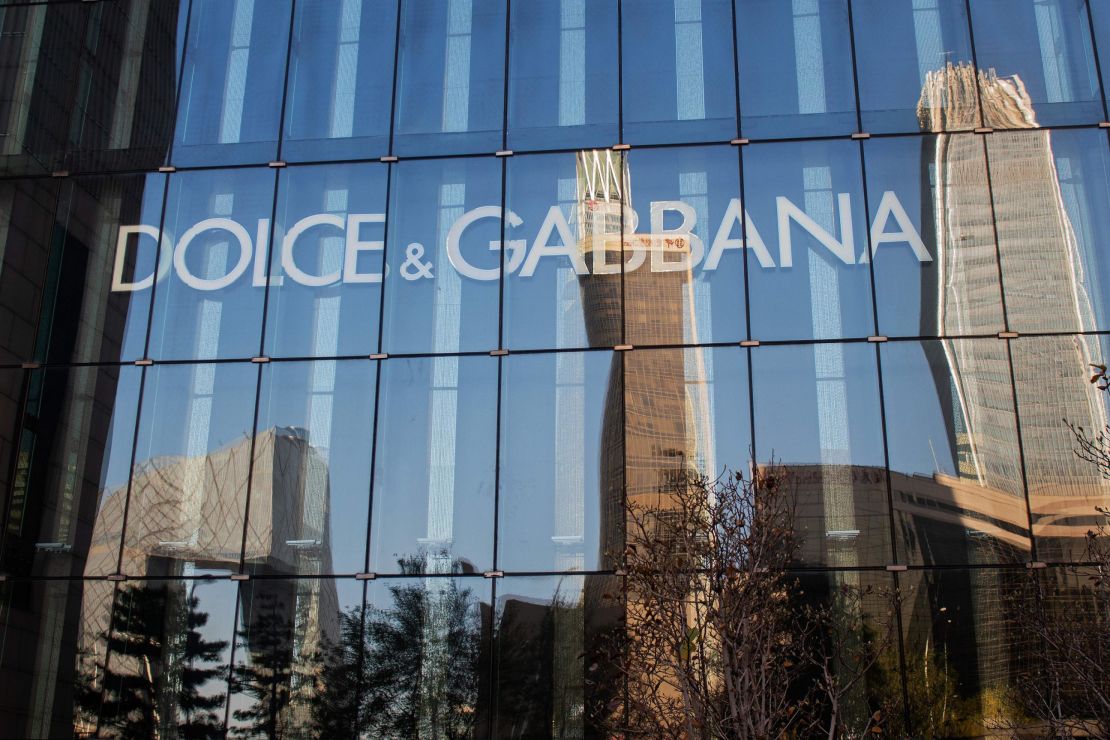
“But I didn’t anticipate that the cooperation with this brand would almost ruin my modeling career.”
The outcry led to a PR crisis for the Italian label. Chinese celebrities quickly dropped out of a D&G fashion show in Shanghai, forcing its cancellation. The brand then faced boycotts from angry social media users and celebrities, while its products were dropped from major e-commerce platforms and stores in China.
Gabbana and his business partner, Domenico Dolce, later filmed a video message in which they apologized to “all Chinese people around the world.” The designers expressed remorse for “everything that has happened and what we have caused in your country,” although neither made direct reference to the videos or the alleged Instagram comments.


